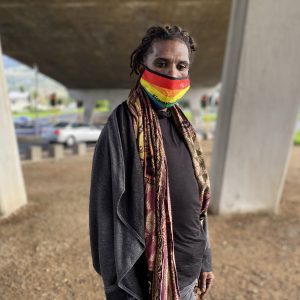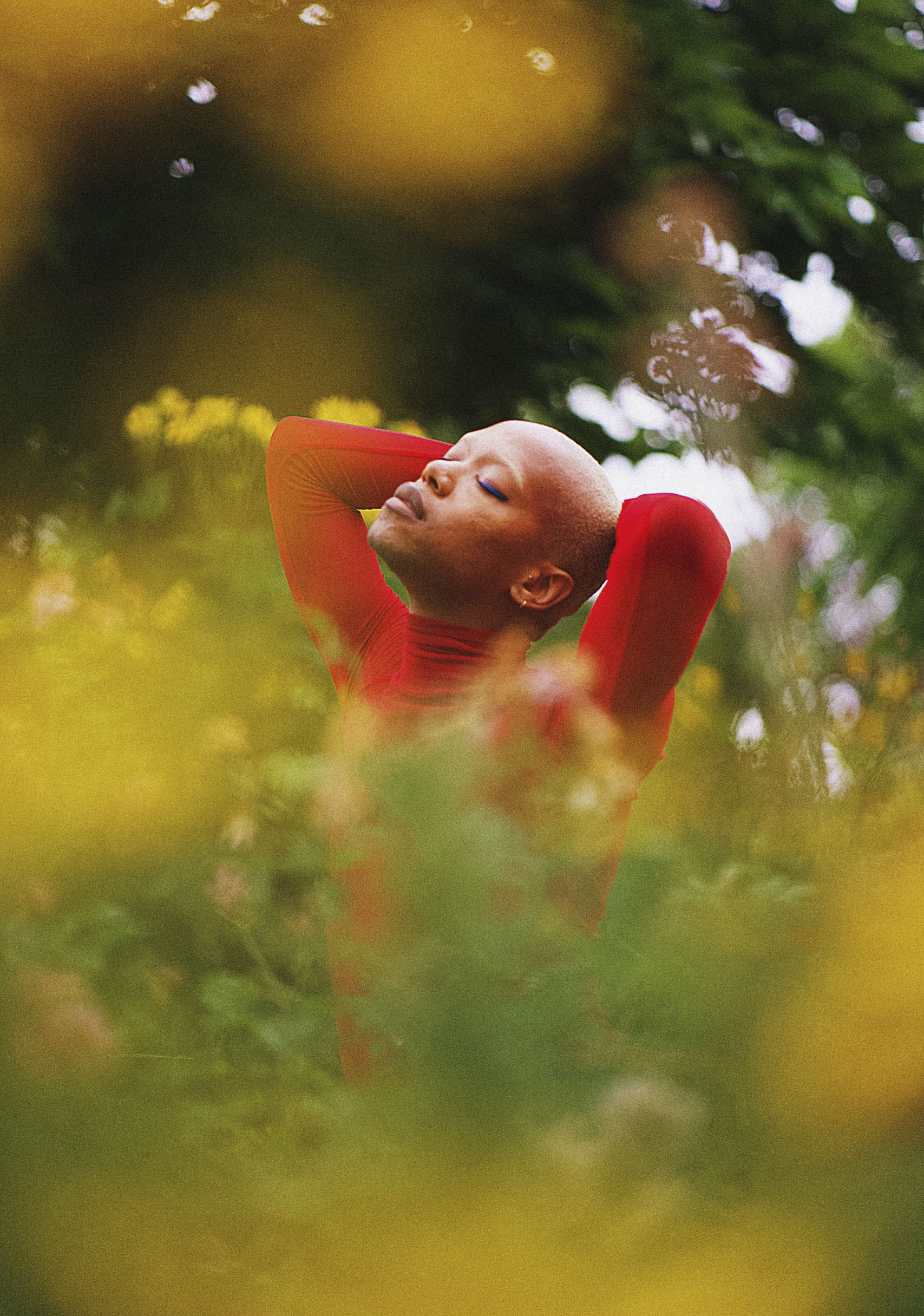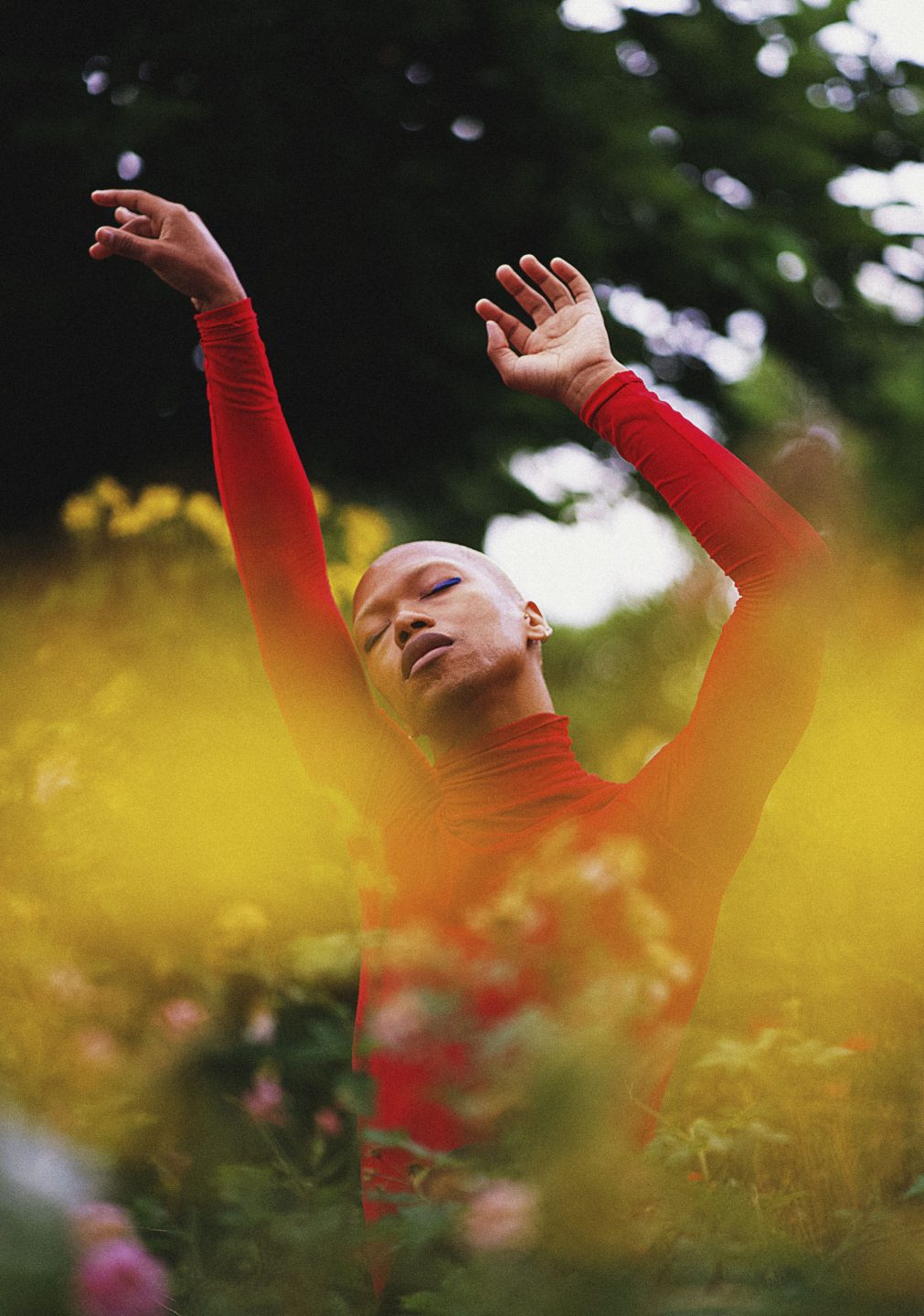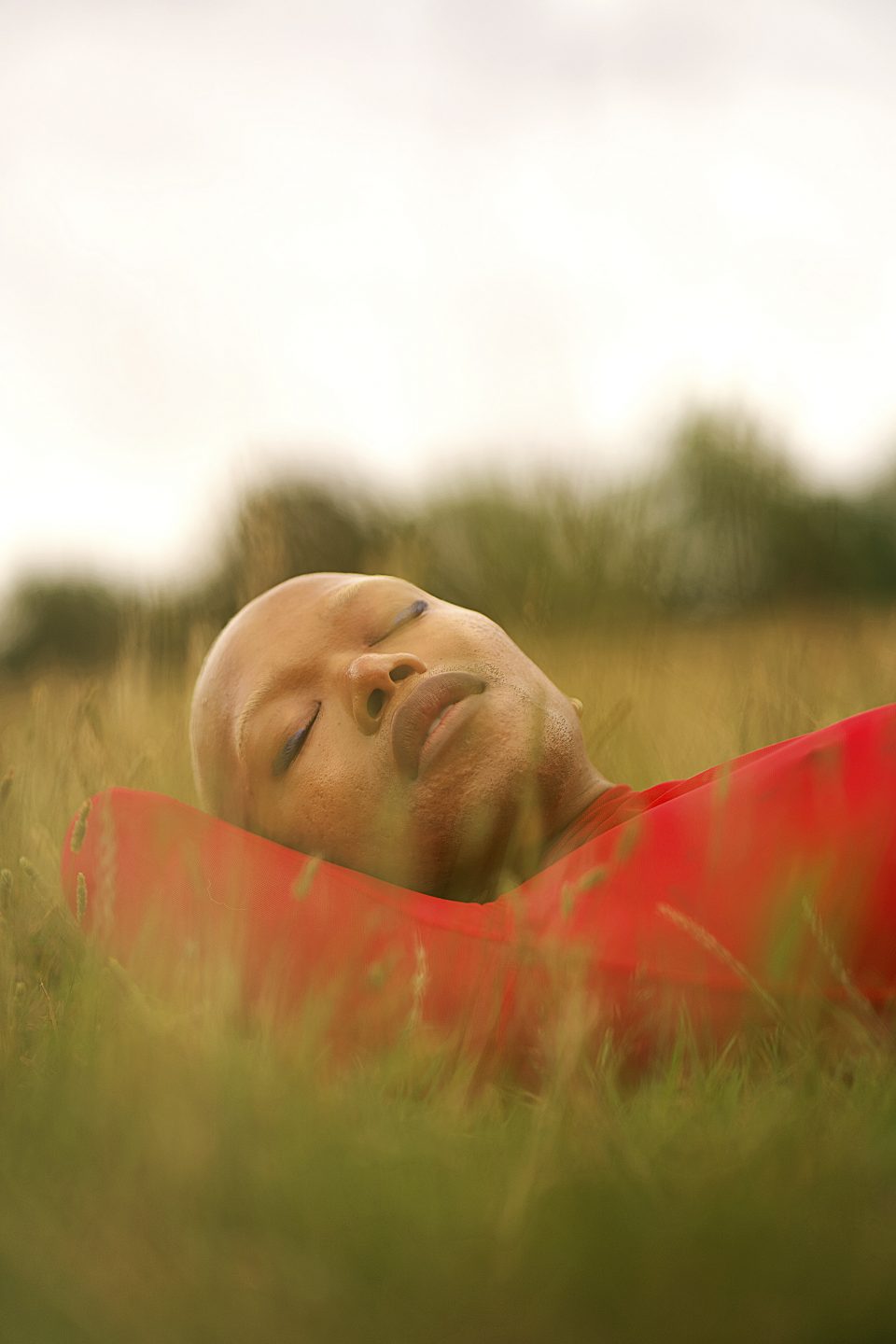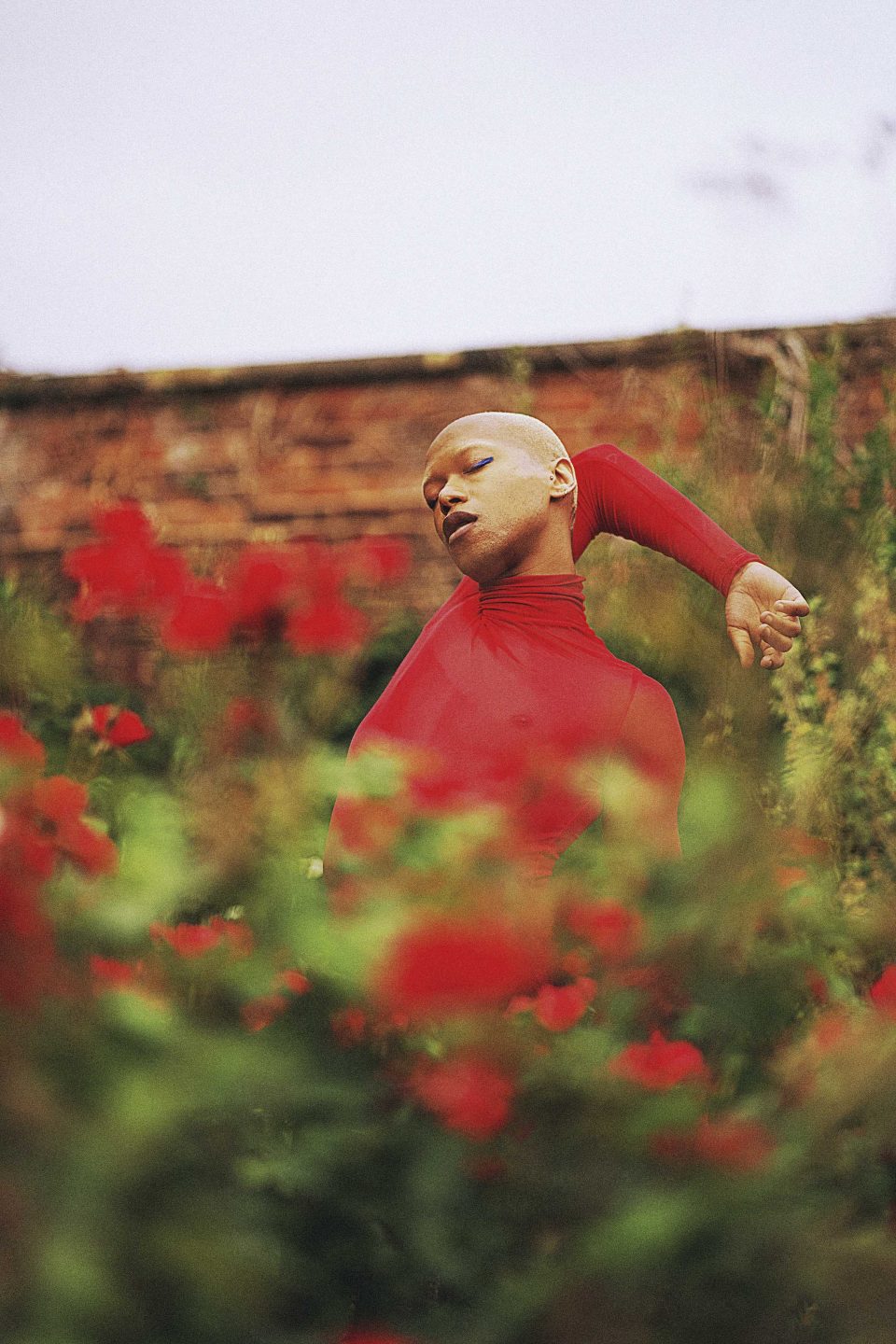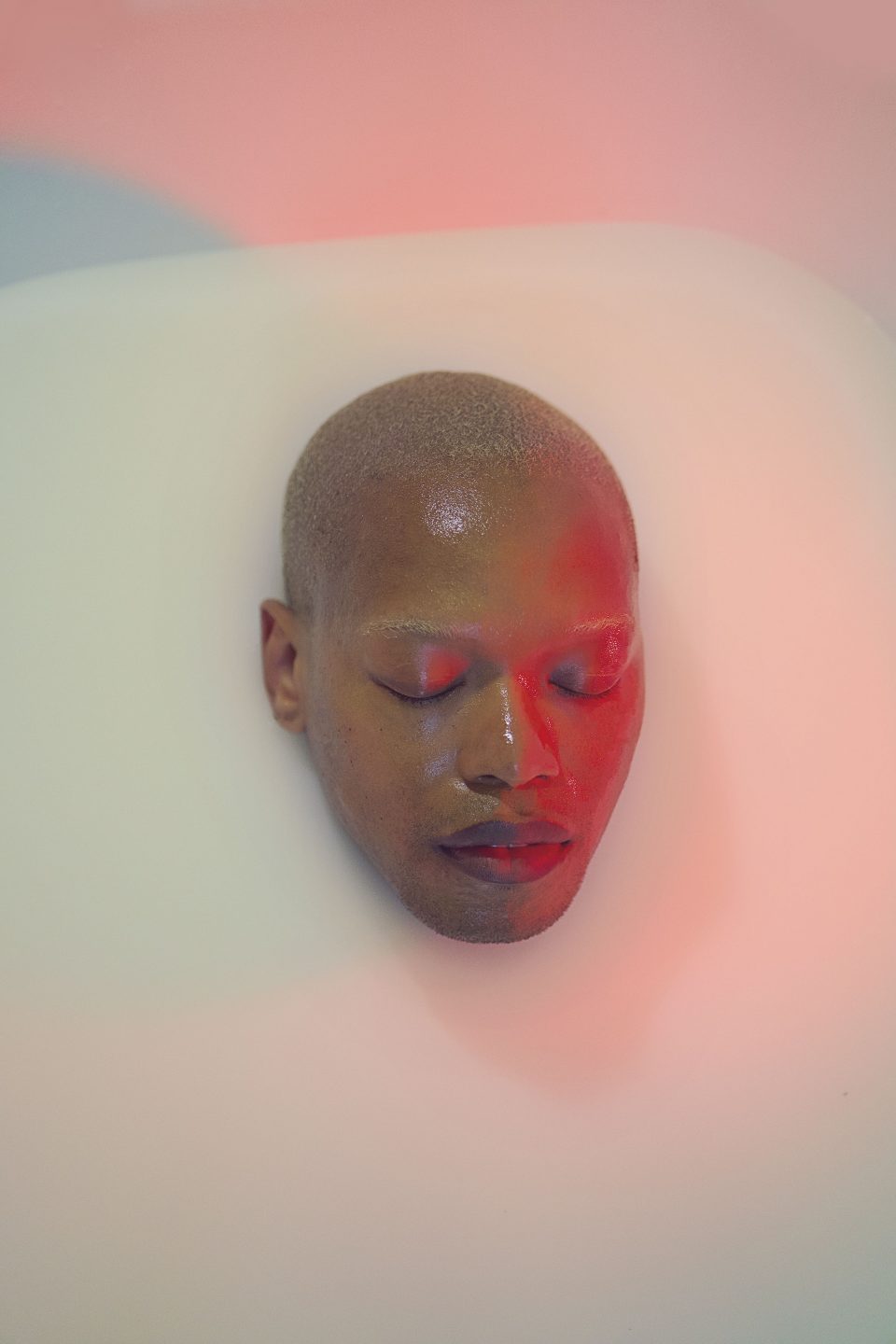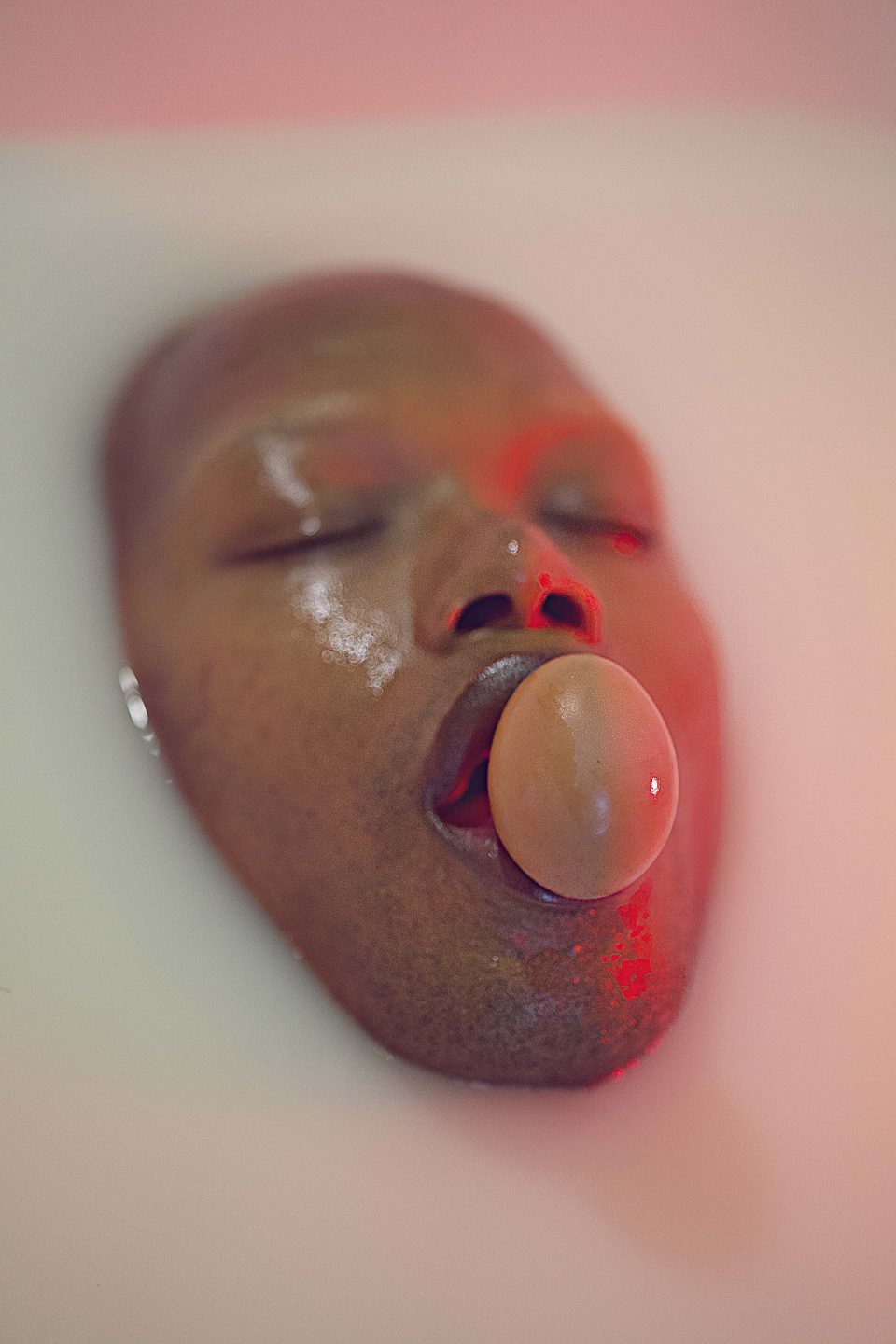Exit newspaper places African queerness centre stage
Despite a limited budget, the team behind the new-look monthly newspaper is determined to produce a publication that reflects the realities on the continent.
Author:
9 September 2020

“If we start looking at the African queer experience from a macro viewpoint, I think we’ll start seeing just how much we have in common, how … similar we are and how unique our struggle is. If we just say it with one voice we would hold so much more power than if we start shouting … ‘my trans rights in South Africa’. But if it’s ‘our African trans rights’, then I think people will start listening.”
So says Treyvone Moo, recently appointed editor of the new-look Exit newspaper. Arguably South Africa’s oldest pink publication – it has been around since the 1980s – the monthly newspaper is, through its revamp, rapidly being morphed into what its website calls “a modern, relevant media publication”.
Gontse Seakamela, who, together with Petros Abraham, took over ownership of the publication, says: “The paper has a long history in the queer community. It has a legacy. Very few people in the queer community would not know about Exit. It was one of the few voices that existed during apartheid times that was able – to a degree, obviously, given what the parameters were – to still tell stories of the queer community. However, obviously it was more for the white gay male audience. What was important to us – and this was the main reason we bought the paper – was inclusivity. The queer spectrum is wide. It is not just gay and male.”
Moo is less measured. “After over 40 years of this paper [being in existence, it] could have become something so beautiful. Something so powerful. The fact that it existed for 40 years and was stifled by a very small group of people’s viewpoint of what gay is, what queer is – this, you know, fetishisation of black bodies – it was not the community’s evolution.”




Developing queer writing
While the cover of last month’s launch issue, featuring transgender performance artist Angel Ho, made it patently clear that queerness – and black queerness at that – was taking centre stage, the content was decidedly lacklustre.
The follow-up edition, which recently hit the shelves, however, sees the editorial team finding its feet. The cover feature with “South Africa’s favourite queer export” Nakhane, aside, the September issue includes pieces looking into how Covid-19 is affecting Liberia’s trans communities, what life is like for a black feminist lesbian in Rwanda and Lagos’ queer nightlife.
“It took me three weeks – three weeks! – to find a journalist in Côte d’Ivoire,” Moo, who identifies as non-binary, laughs. “But we [now] have a total of 20 writers across the continent who have said they’ll contribute on a monthly basis.”
Related article:
One of these is journalist Gboko Stewart, founder of the Liberian LGBTQIA+ website JournalRage. “When I started JournalRage, one of the first things I had in mind was to collaborate with others across the continent,” says Stewart. “So when Trey contacted me, I thought, ‘Hey, this is what I’ve been looking for.’ Because they have a wider platform, and they can reach places we can’t. We’re just a small little publication. And the voices of queer Africans need to be heard.”
Moo concedes that most of the contributors are either producing work for free or being paid nominal fees. “I don’t know if I should say this, but there’s nothing to hide, and I think it’s important to mention. When I took this job, I was offered a token salary. Very, very little money. I took it, but I knew that I wasn’t going to bank it. What I’ve been doing with the money is paying the contributors. So it’s a very, very small budget we are working with. But one of the things that I’m really committed to is increasing this budget and making sure we can really start developing queer writing talent on the continent.”
A sense of community
A limited budget is not all Moo is wrestling with. There are also the demons of the publication’s past to slay.
“You know, sometimes I feel like I’m losing control because I’m building these beautiful stories and curating this content, but when I go to [our Facebook page], I’m seeing stuff like ‘Soweto boy looking for sugar daddy’. I’m seeing Karel from Oudtshoorn putting up pics of his hairy chest. I’m seeing none of the stuff I’m trying to reflect in the paper. I’m still seeing this old-school train of thought that hypersexualises our [black] bodies. So this month, I blocked all comments on our Facebook page. I had a big fight with everybody, because they were like, ‘No, people must have freedom.’ I was like: ‘Fuck that! There’s Grindr and a lot of other places if they wanna talk sex. Here we’re going to talk politics [and] queer experiences. This is going to be a safe space – and not only for gay men. I want lesbians to be able to talk here. I want trans people to be able to talk here. And no one is going to be talking if y’all are busy asking for sugar daddies, man!’” Moo laughs.
Pausing, Moo adds: “You know, I remember when I was 16 and dealing with my own coming out as a young Jehovah’s Witness. And when I was exiled from my family and I came to Joburg – to the big city – and I was looking for community. You know, people like me and not feeling like I’m the only dirty little thing on the planet that is feeling this way. It was very hard for me to find.
Related article:
“I then picked up my first copy of Exit – I’ll never forget this moment – I was probably 18 or 19. I remember picking up that copy of Exit and seeing this white guy on the cover and all these images of ‘Ms Gay something’ inside. I remember thinking, ‘This is not me.’ Then I saw a coupon for entry into [gay sex club] The Factory. It was free to anyone under 26. So I went to The Factory for the first time and there I found what I thought was community and identity. I found hypersexualisation. I found drug addiction. I found the lack of love. And that was my guiding light for the next 10 years of my life.
“So, today, when I think of people who are like me and who are looking for a sense of community and place in the world, I want them to open Exit and find stories that reflect intellectualism, community and real stories that reflect real camaraderie. I think it is super, super important that when queer people are looking for examples of themselves, they don’t just find sex and smut. That they find intelligence, hope and real community. And that they find that their lives are normal and that there is a possibility to live in this world without being persecuted. That, for me, is super, super important.”

